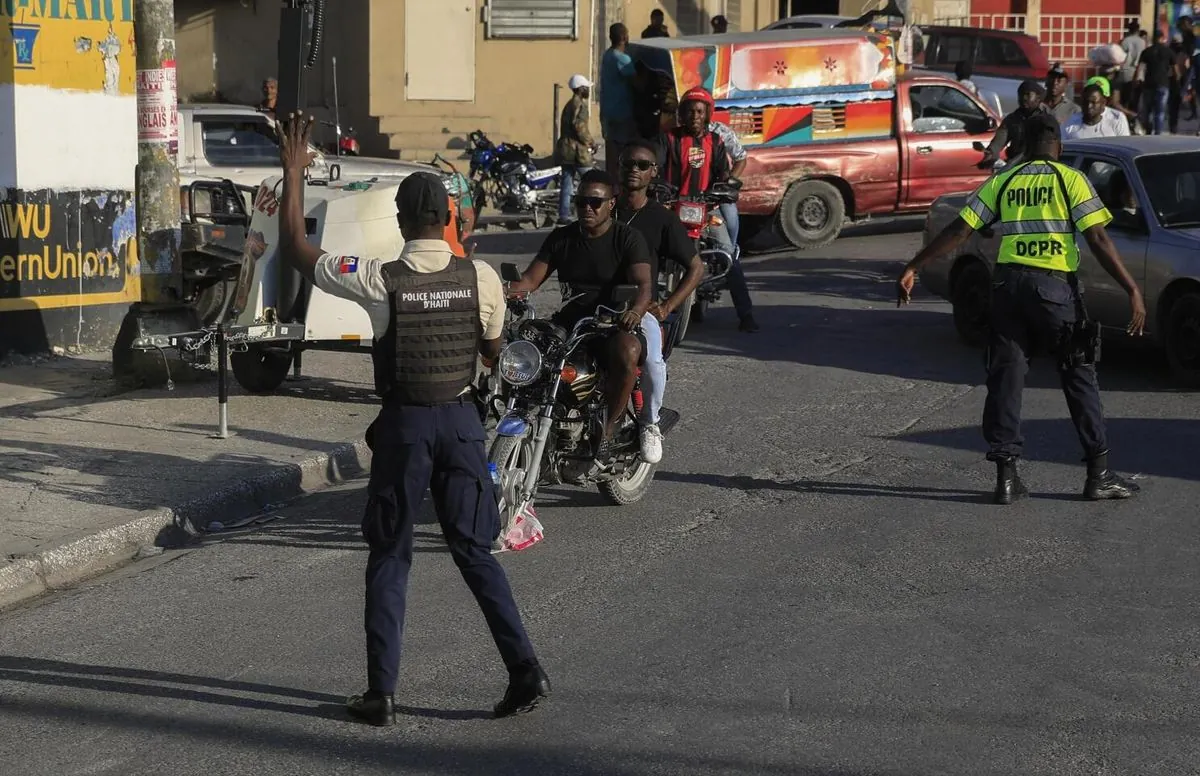As world leaders convene at the United Nations to address Haiti's ongoing gang crisis, Haitians are expressing skepticism about the potential impact of international interventions. The Caribbean nation, which gained independence in 1804 as the first black republic, has been grappling with escalating violence since the assassination of President Jovenel Moïse in 2021.
Currently, a UN-backed force comprising 400 Kenyan police officers and approximately two dozen Jamaican personnel has been deployed to Haiti. However, this effort has shown limited success in curbing gang activities. The situation has left many Haitians, like Mario Canteve, a 39-year-old electronics vendor in Port-au-Prince, feeling disillusioned.
"No one is coming to save Haiti. Nothing is changing. A new mission cannot save Haiti."
The United States has proposed the idea of a UN peacekeeping force, but this suggestion has been met with controversy. Previous UN missions in Haiti have been associated with the introduction of cholera and cases of sexual abuse, making the prospect of another peacekeeping mission contentious.
In an attempt to mitigate potential tensions, Kenya's President William Ruto visited Haiti recently and expressed openness to expanding Kenya's operations into a larger UN peacekeeping mission. However, a recent UN human rights report indicates that gang violence continues to spread across Haiti, and the Haitian police still lack the necessary resources to combat these criminal groups effectively.
Haiti's challenges extend beyond security issues. The country, once known as the "Pearl of the Antilles" for its natural beauty, now faces severe environmental degradation with only about 2% of its original forest cover remaining. Additionally, Haiti struggles with high illiteracy rates, estimated at around 40% of the adult population, and is the poorest country in the Western Hemisphere.
The ongoing crisis has led some Haitians to form vigilante groups to combat gangs, highlighting the desperation felt by many citizens. Moise Jean-Pierre, a 50-year-old teacher, reflected on past UN missions, stating, "It would not be the first time we've had UN missions in Haiti. What difference will it make?"
Despite these challenges, there are plans to hold elections in Haiti next year. However, the country faces significant hurdles in organizing a safe and fair voting process. The last general elections in Haiti were held in 2016, and the current security situation raises questions about the feasibility of conducting new polls.
Haiti's complex situation is further complicated by its unique cultural landscape. The country recognizes Voodoo as an official religion and boasts a rich artistic heritage, including distinctive "Gingerbread houses" architecture. However, these cultural assets are overshadowed by the pressing need for stability and economic development.
As world leaders continue to debate the best course of action for Haiti, the country's 11.4 million citizens remain caught between hope for change and skepticism born from past disappointments. The international community faces the challenge of finding a solution that respects Haiti's sovereignty while effectively addressing the urgent need for security and stability in this historically significant Caribbean nation.
